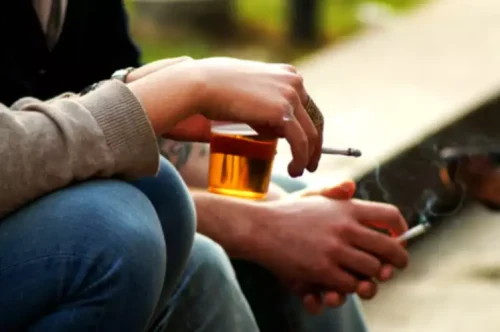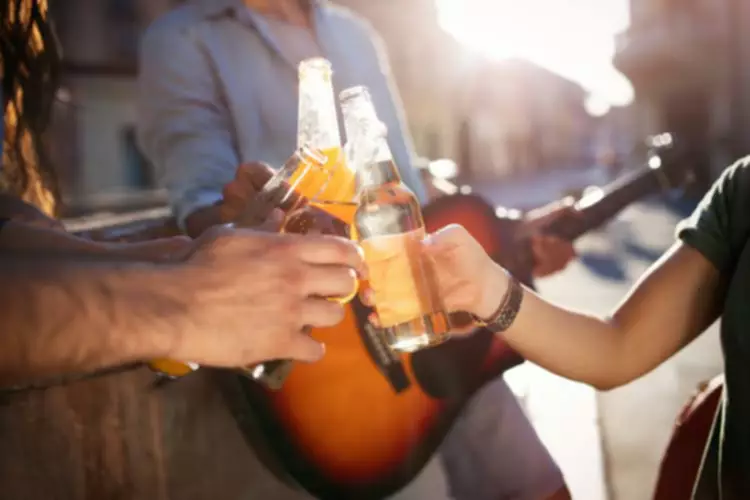
This could be a beer on your 21st birthday or marijuana between classes in high school. You may consciously decide to take the substance or initiate it due to external factors like peer pressure and a desire to connect with others. As this cycle repeats, the likelihood of addiction grows until it’s realized. Thankfully, treatment works at each stage, whether you’ve just started or have been in active addiction for years.

Making Addiction Treatment More Realistic and Pragmatic: The Perfect Should Not be the Enemy of the Good
- We invite you to share your journey of recovery and be featured on Recovery Connection!
- The more you know about addiction, the better equipped you’ll be to offer meaningful support.
- The foundation of Practical Recovery asserts that everything you need to heal already exists within you.
- Here I highlight important work being done at NIDA and other news related to the science of drug use and addiction.
Areas of executive function regain capacity for impulse control, self-regulation, and decision-making. Gaining the skills to avoid relapse is a necessary part of the recovery process. At least equally necessary is developing in a positive direction out of the addiction. The key is cultivating new goals and taking measures to move towards them. The motivational force of new goals eventually helps rewire the brain so that it has alternatives to the drive for drugs.

A Realistic (and Practical!) Approach to Addiction Treatment and Recovery
- If you wish to contact a specific rehab facility then find a specific rehab facility using our treatment locator page or visit SAMHSA.gov.
- There’s even a link between ADHD and substance use in teens.
- From this perspective, if someone quits smoking crack, gets a job and reconciles with her family, she counts as being in recovery—even if she stills smokes marijuana daily.
- The Fix’s stated editorial mission is to destigmatize all forms of addiction and mental health matters, support recovery, and assist toward humane policies and resources.
- It’s also important to continue supporting them as they attend aftercare programs like group therapy or 12-step meetings, which are critical for maintaining long-term sobriety.
The other misconception held by parents is that they would be able https://ecosoberhouse.com/ to „tell” if their child was using substances. Research shows that a significant proportion of parents are unaware of their children’s alcohol (30 percent) and substance use (50 percent) problems 4. Early intervention can be one of the most effective forms of ‘treatment,’ but preventing substance use altogether offers the greatest crop of benefits. It’s often triggered by something, like the environment you live in, stressors, and mental health conditions.
Indicators of Addiction

Treat yourself with the same kindness you would offer a friend to foster a more positive self-view. Notice the criticism, shift your focus to something positive, and rewire your response over time to avoid internalizing negativity. Negative criticism activates the amygdala, triggering a stress response and releasing cortisol and adrenaline.

Dealing With Difficult People
AA Agnostica isn’t anti-religious, but offers the 12-step framework in what they call “The Little Book,” without the mention of a higher power. As mentioned earlier, strong executive function can play a role in insulating ADHD teens against substance use. sober living blog Minimizing distractions and establishing a routine are the two most important ways teens can boost executive function. Though trials arise occasionally, take courage to persevere steadfastly towards God’s gift offered freely delivering evermore bright tomorrows.